Does America set a good moral example for the world? NPR’s Phoenix affiliate station KJZZ recently interviewed me about PRRI’s 2017 survey of American values. (PRRI, or Public Religion Research Institute, is a nonpartisan national polling organization). Interviewer Steve Goldtein of NPR was specifically interested in one of PRRI’s survey questions regarding the changing status of America’s moral leadership internationally. In response to this important question, I try to quickly get to the heart of the matter in this 7 minute audio interview. I invite comments below.
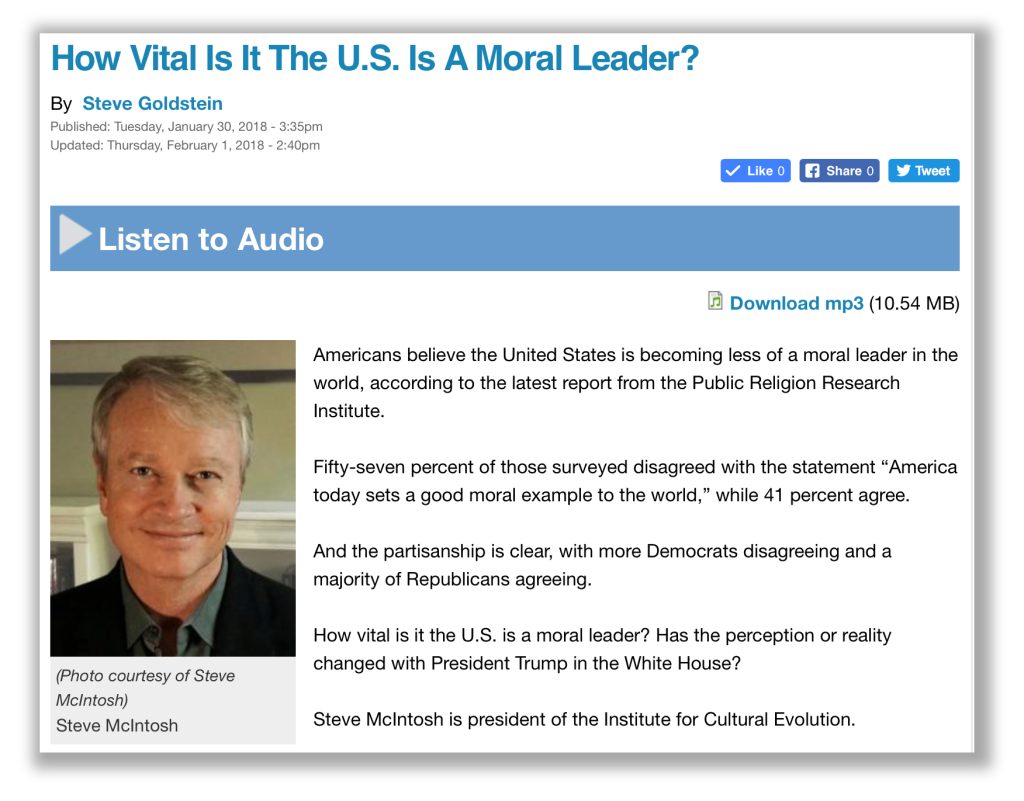 Part of what NPR left out of the 20 minute recorded interview was my discussion of a recent PBS documentary, hosted by Jim Lehrer, about the possible end of America’s role as the primary defender of modernity worldwide. The documentary highlighted that even though the U.S. wants E.U. countries to foot more of the bill for global stability, and even though both the U.S. and the E.U. decry this relationship of dependency, neither has shown a real willingness to end it. The fact that the U.S. can’t afford this anymore is part of what Trump’s voters were signaling. However, although liberal modernity is threatened from external enemies without, it is also threatened from within its own culture—by postmodernism’s strident rejection of modernity, despite its gifts and accomplishments. Culturally transcending and including postmodernism may thus be America’s main opportunity for moral leadership in the time ahead.
Part of what NPR left out of the 20 minute recorded interview was my discussion of a recent PBS documentary, hosted by Jim Lehrer, about the possible end of America’s role as the primary defender of modernity worldwide. The documentary highlighted that even though the U.S. wants E.U. countries to foot more of the bill for global stability, and even though both the U.S. and the E.U. decry this relationship of dependency, neither has shown a real willingness to end it. The fact that the U.S. can’t afford this anymore is part of what Trump’s voters were signaling. However, although liberal modernity is threatened from external enemies without, it is also threatened from within its own culture—by postmodernism’s strident rejection of modernity, despite its gifts and accomplishments. Culturally transcending and including postmodernism may thus be America’s main opportunity for moral leadership in the time ahead.
There is obviously much more to say about this matter, but these seven minutes at least provide some food for thought.

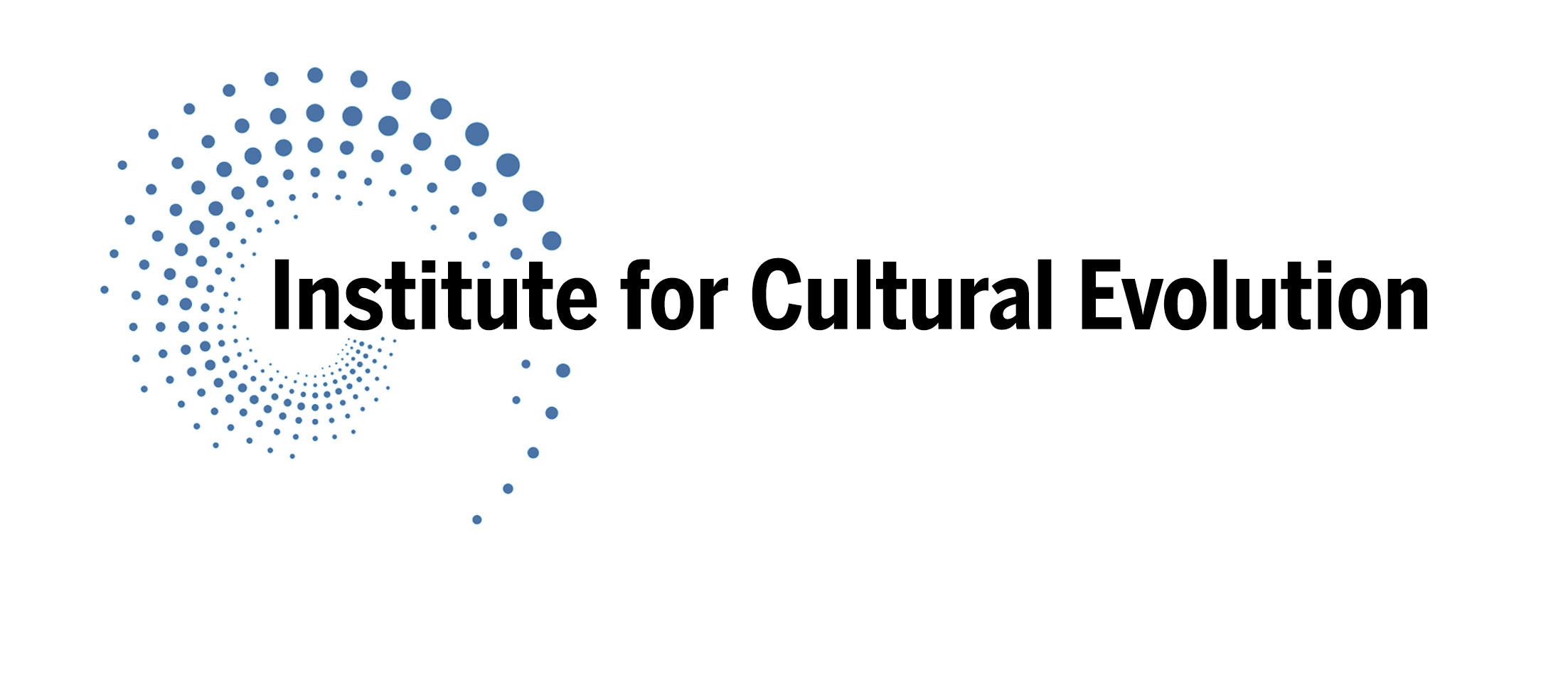
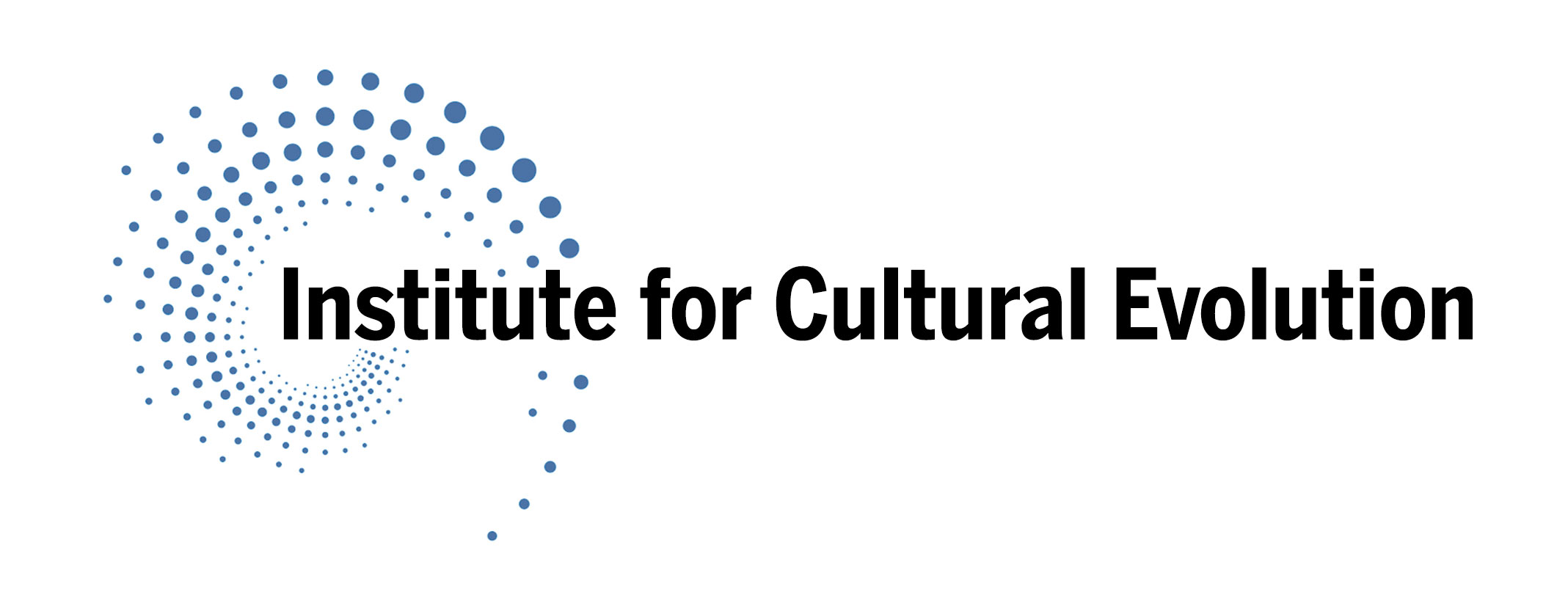
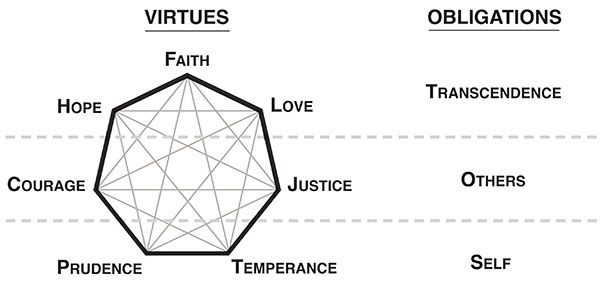
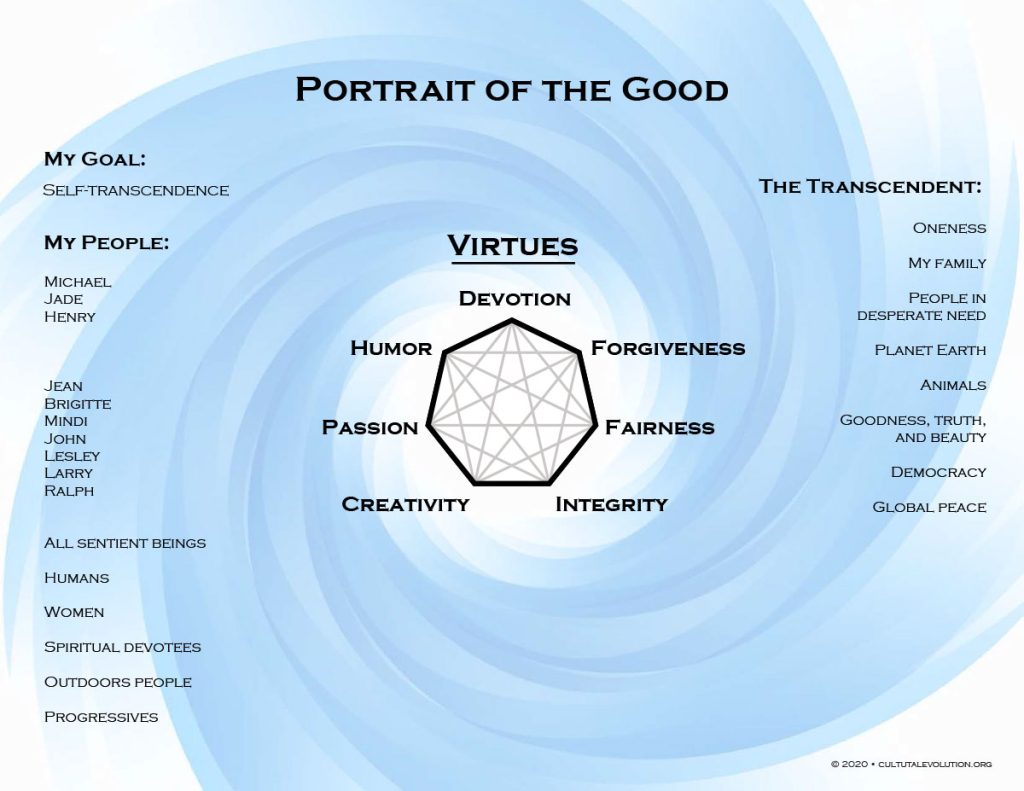
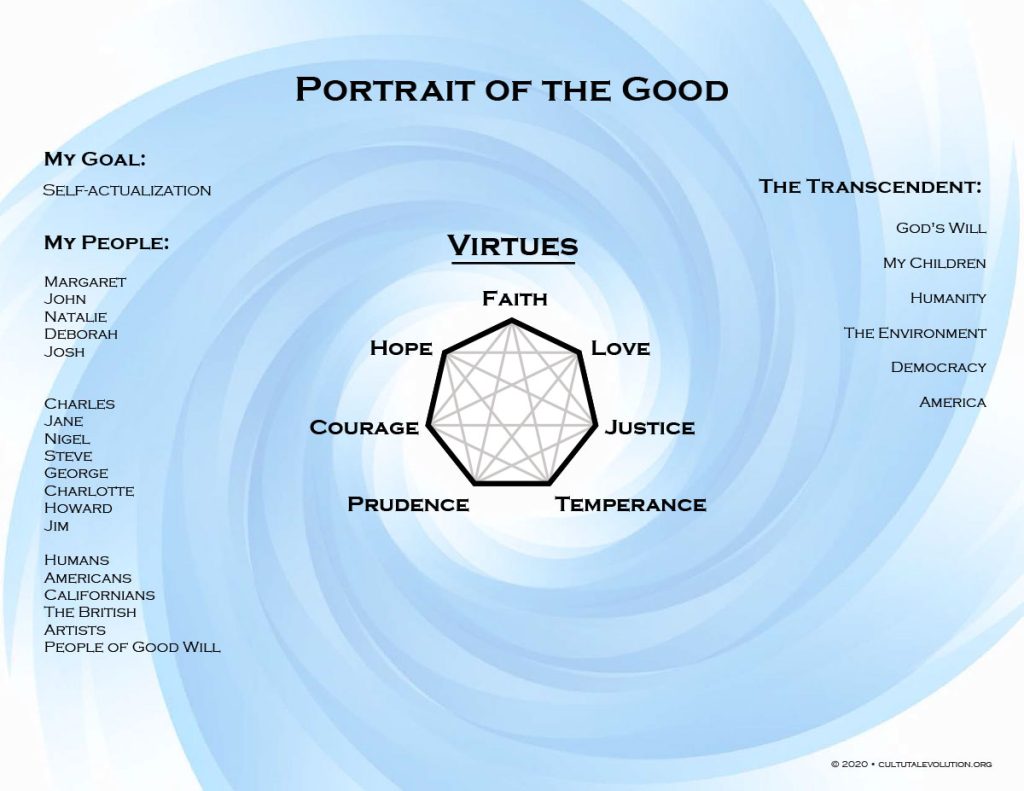
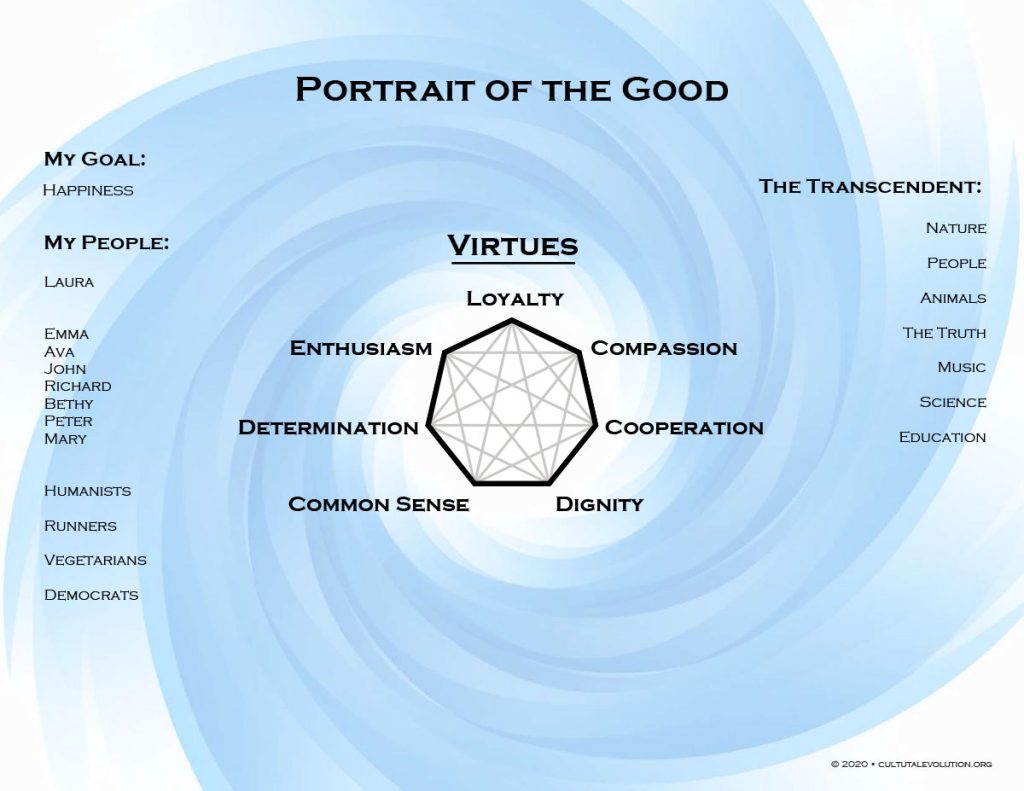
Liberal modernity is also threatened from within by its amber/traditionalist base.
There is also a huge amount of wealth held in very few hands, as well as much wealth squirreled away in tax havens. Repatriating some of this wealth might be a way to contribute to the needed defense you describe (?)
Liberal modernity is also threatened from within by its amber/traditionalist base.
There is also a huge amount of wealth held in very few hands, as well as much wealth squirreled away in tax havens. Repatriating some of this wealth might be a way to contribute to the needed defense you describe (?)
Steve, I feel that a short talk like this invites the focus and conciseness that you gave it, in setting some useful parameters, consistent with Cultural Evolution, for consideration of your topic. All of this contributed, for me, to maintaining my attention and interest, and encouraging my later consideration of those concisely put issues. As an Australian, easily recognizing the important implications for Australia was also useful to me. On the question of moral world leadership, I feel that it is important to evaluate our potential contribution for moral leadership, from a base of really understanding and appreciating the morality contexts of other nations. Without necessarily agreeing with them, misunderstandings can perhaps be minimized if we present our moral stance in a way that shows we have at least tried to deeply understand value systems radically different from our own. I guess this is the ideal role of diplomacy at its best. That difference in moral contexts should not be surprising considering how it has evolved differently, over a very long period, and in the context historically, of a very dis-connected world.
Good to hear your thoughts on this issue, Steve.